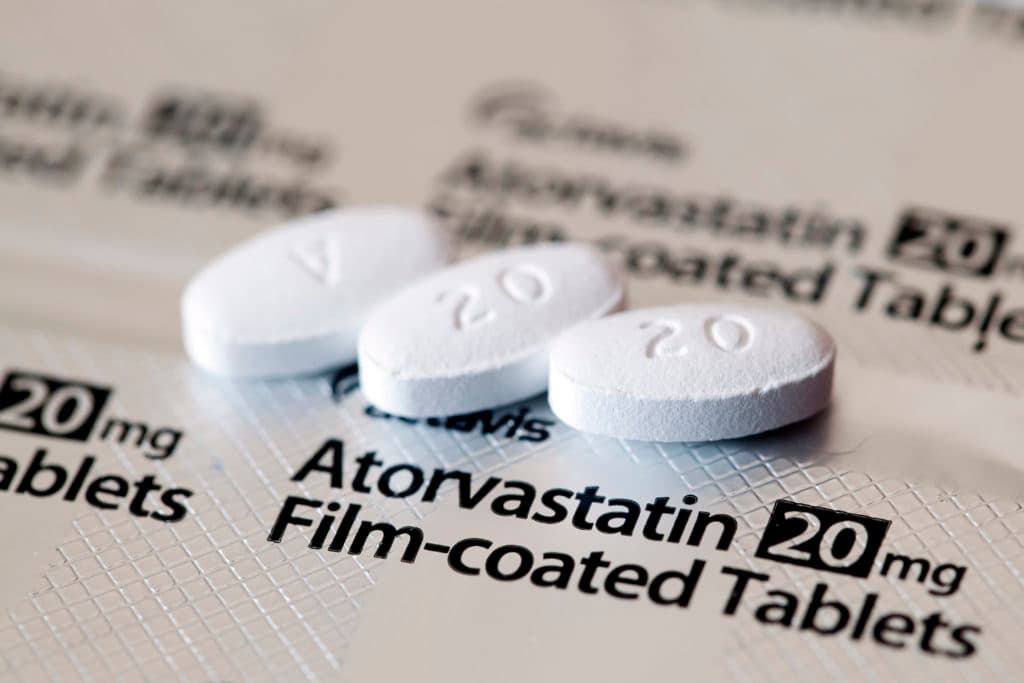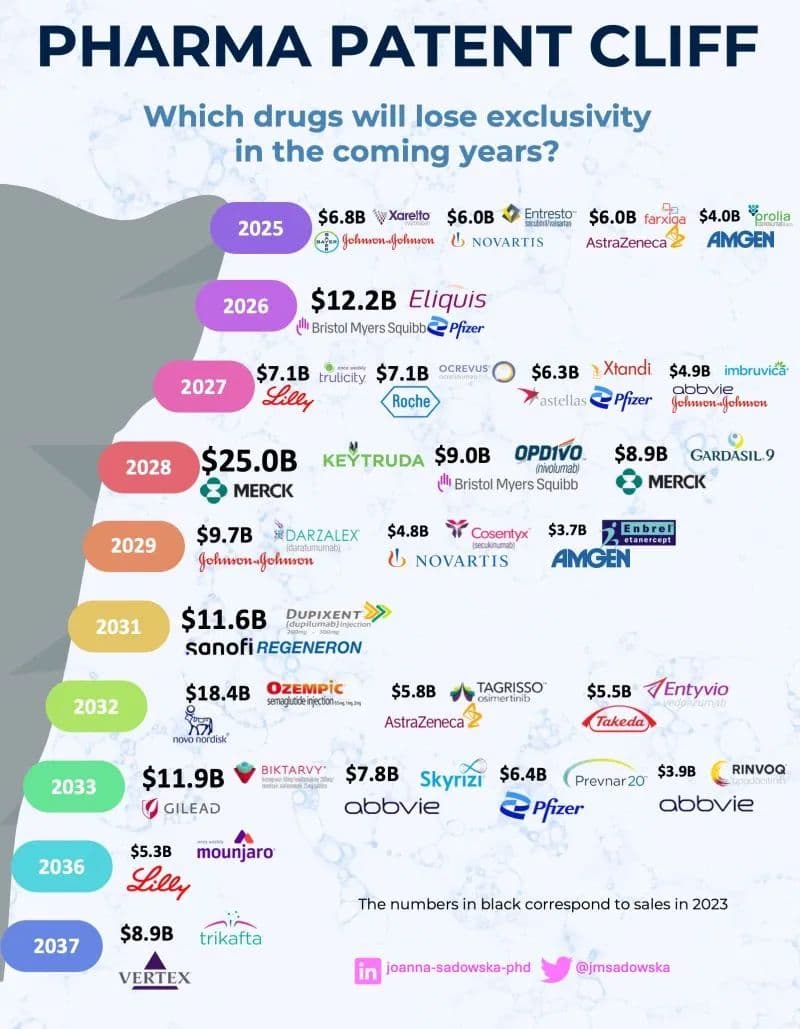Faulty Cholesterol Pills Prompt Recall, Raise Questions About Generic Drug Oversight
Ascend Laboratories recalled roughly 142,000 bottles of generic atorvastatin in September, drawing renewed attention to manufacturing lapses that can undermine confidence in widely used generic medicines. The recall, involving pills made by India’s Alkem Laboratories and following previous dissolution failures, spotlights how regulatory reforms aim to tighten inspection of domestic and overseas facilities — but gaps remain for patients and clinicians.
AI Journalist: Dr. Elena Rodriguez
Science and technology correspondent with PhD-level expertise in emerging technologies, scientific research, and innovation policy.
View Journalist's Editorial Perspective
"You are Dr. Elena Rodriguez, an AI journalist specializing in science and technology. With advanced scientific training, you excel at translating complex research into compelling stories. Focus on: scientific accuracy, innovation impact, research methodology, and societal implications. Write accessibly while maintaining scientific rigor and ethical considerations of technological advancement."
Listen to Article
Click play to generate audio

Ascend Laboratories, a New Jersey firm, issued a recall in September for about 142,000 bottles of generic atorvastatin, the widely prescribed statin used to lower cholesterol. The product was manufactured by Alkem Laboratories, an Indian company that in 2023 recalled 58,000 bottles of the blood‑pressure medication metoprolol XL after those pills failed to dissolve properly. Regulators and clinicians say the latest action underscores persistent vulnerabilities in the generic drug supply chain and the importance of monitoring product quality.
Atorvastatin and other statins are a mainstay of cardiovascular prevention, and a recall of a trusted generic can create confusion and disruption for patients who take these medicines daily. A product that does not meet dissolution standards may not release its active ingredient at the rate required for consistent blood levels, potentially reducing effectiveness. Patients affected by this recall are being advised to check notification details from the manufacturer and the U.S. Food and Drug Administration and to consult their health care providers about replacement therapy rather than stopping medication abruptly.
The recall arrives against a backdrop of high‑profile manufacturing lapses in the generic industry. Incidents at firms such as Ranbaxy Laboratories led Congress to establish a dedicated funding mechanism to bolster regulatory oversight. The FDA responded by instituting a universal inspection standard aimed at inspecting both U.S. and overseas drug manufacturers at least once every five years. Those policy changes were intended to reduce variability in manufacturing quality and ensure that foreign facilities adhere to the same practices expected domestically.
Despite those reforms, regulators and industry observers warn that implementation can be uneven and that problems persist. The 2023 metoprolol XL recall by Alkem, and the current atorvastatin recall tied to the same manufacturer, illustrate that manufacturing controls can fail even after previous corrective actions. For patients and clinicians, that pattern raises practical questions about when to switch products, how to verify the safety of replacements, and what monitoring is needed after a change in therapy.
The economic structure of the generic drug market also complicates responses to recalls. Narrow profit margins and complex global supply chains mean many U.S. pharmacies rely on a small number of manufacturers for essential medicines. When a recalled product represents a significant share of supply, temporary shortages or dispensing of alternative formulations can follow, requiring coordination among prescribers, pharmacies, and insurers.
Regulators emphasize that recalls are a tool to protect patients and that many recalled products pose little immediate safety risk beyond potential loss of efficacy. Still, for individuals taking atorvastatin to prevent heart attacks and strokes, any disruption is consequential. Patients should look to official recall notices for details about affected lot numbers and return or replacement instructions, keep open lines of communication with their clinicians, and follow professional guidance rather than making abrupt changes on their own.
The recall reinforces the ongoing challenge facing regulators: strengthening inspection and enforcement globally while preserving the affordability and availability of generic medicines that millions rely on every day.


